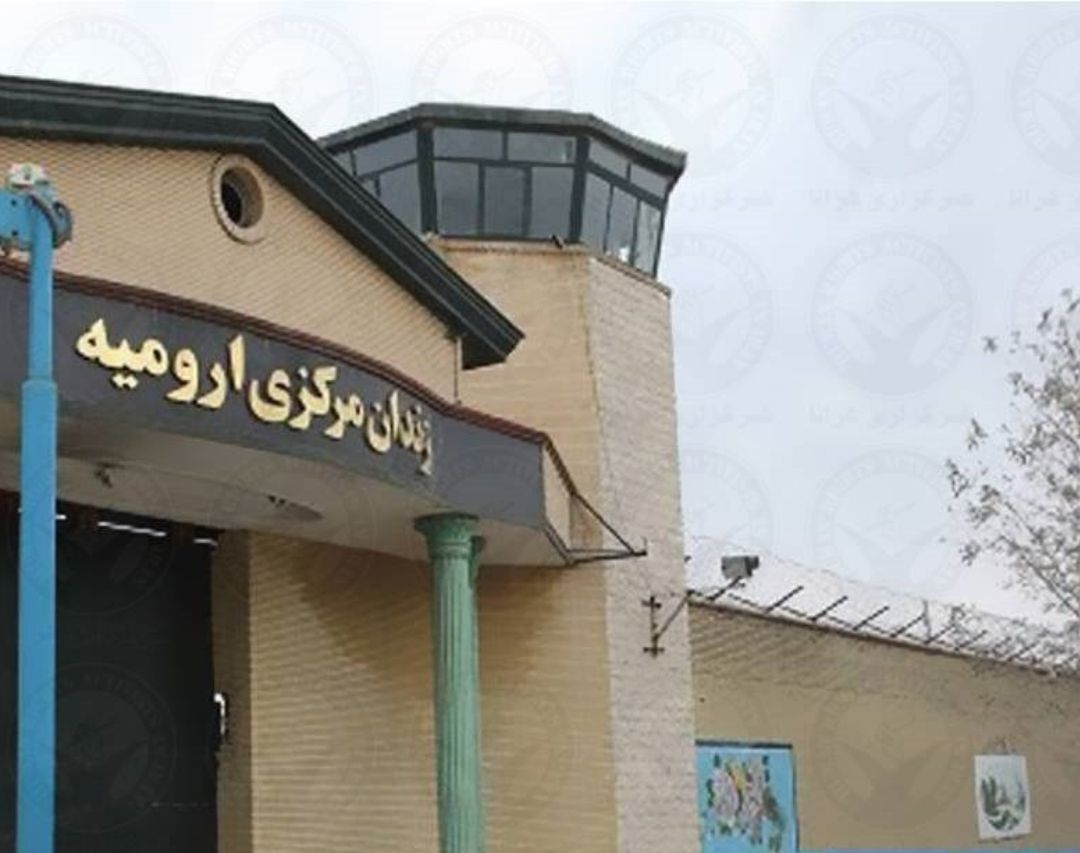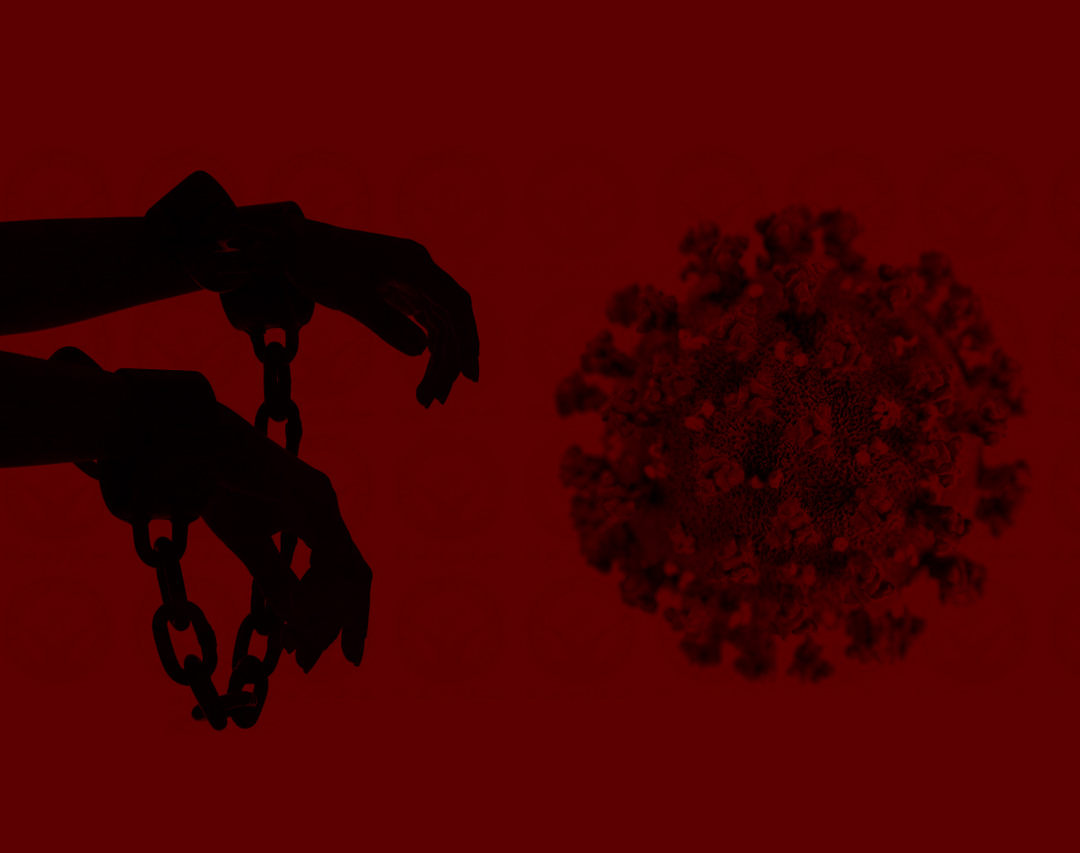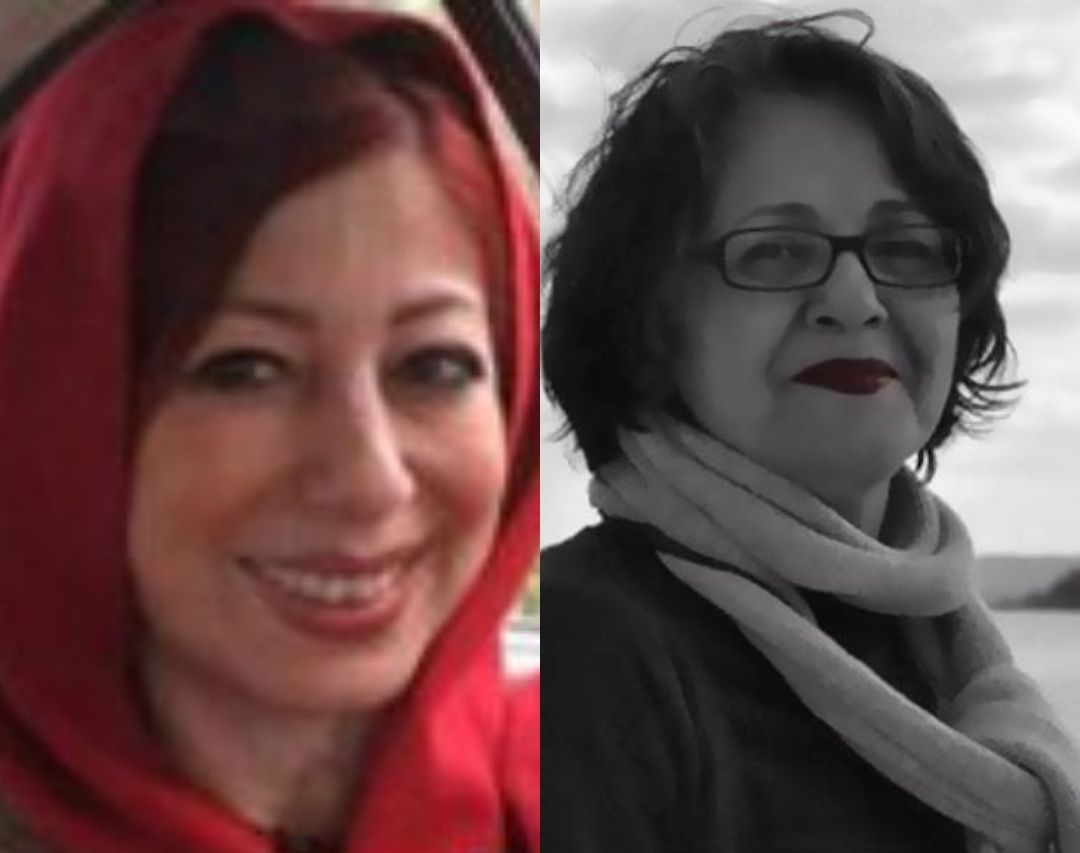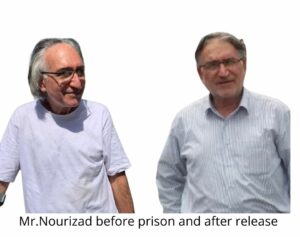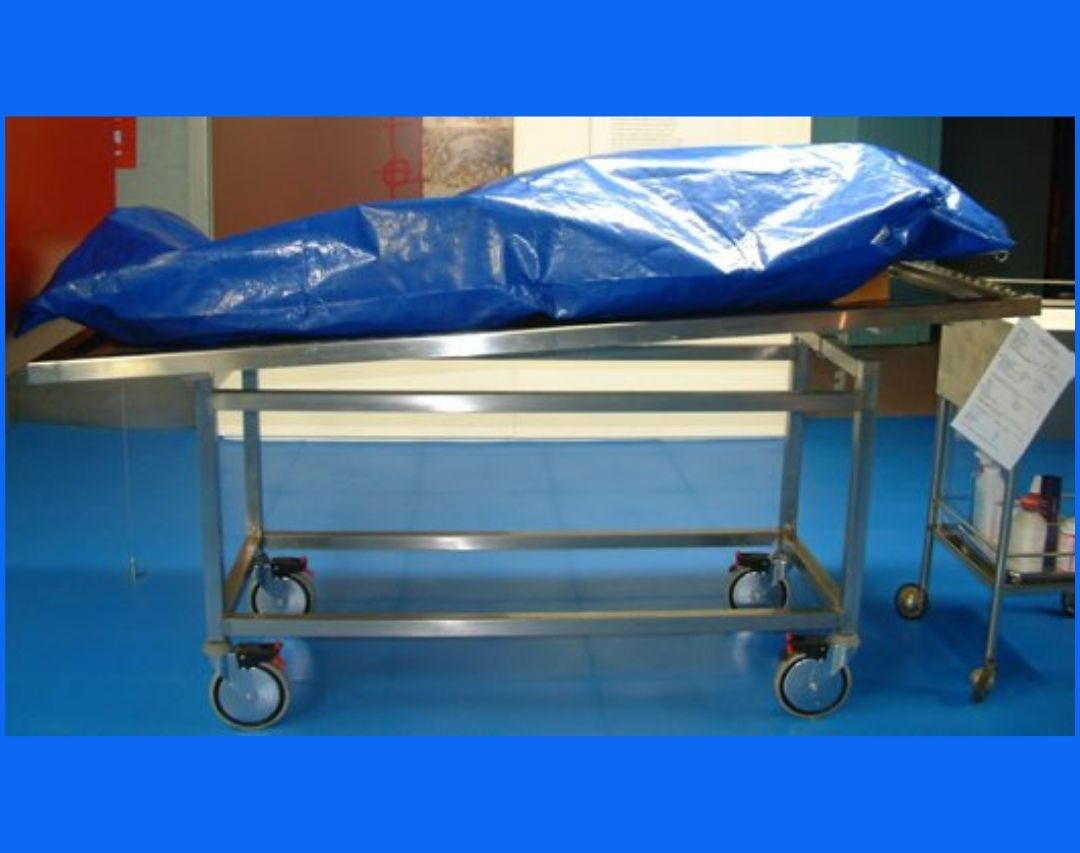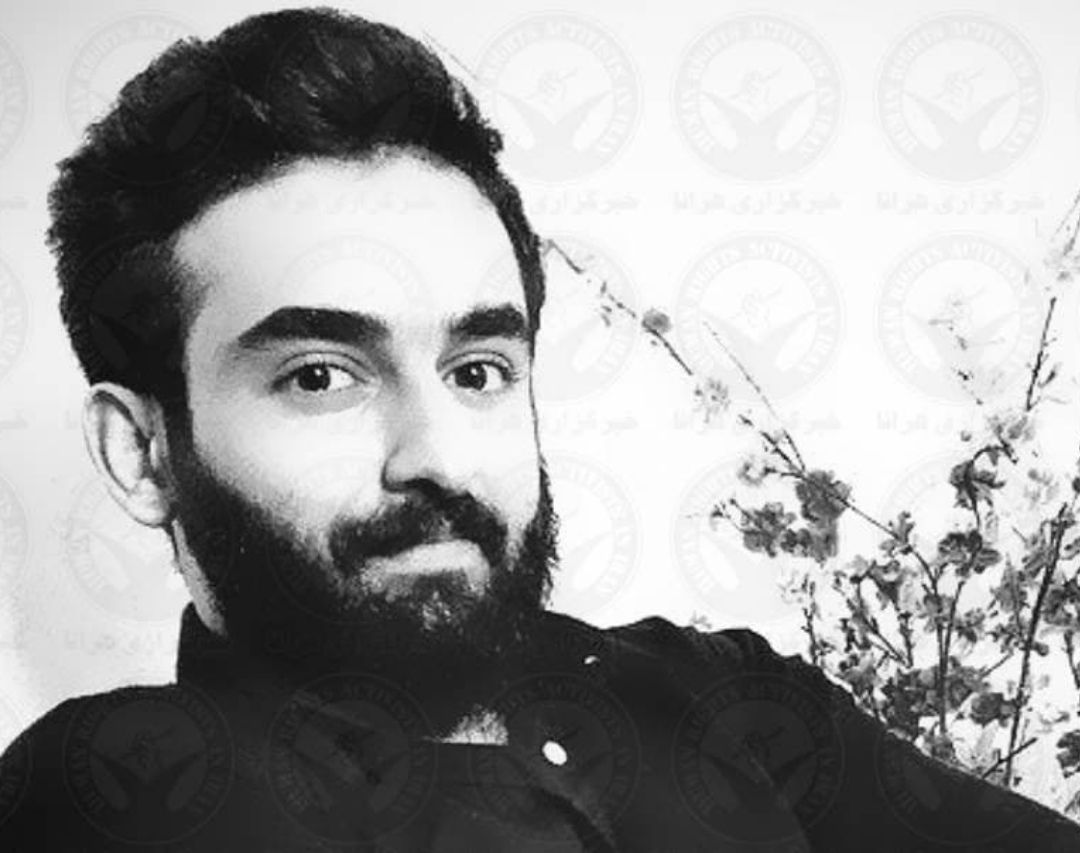On Sunday, June 20, the Sydney Pen Association in Australia issued a statement in light of Ebrahim Ra’isi’s election as next President of the Islamic Republic.
According to HRANA, the news agency of Human Rights Activists, quoting the Writers’ Association of Iran, the statement calls for the immediate release of Reza Khandan Mahabadi, Baktash Abtin and Keyvan Bazhan, currently being held in Evin prison for their writings critical of the State. All three authors are members of the Writers’ Association of Iran, and each has published several books on Iranian history, sociology, and literature.
“The three authors need medical attention and authorities have not taken any of them to hospital,” the statement says.
In April, Baktash Abtin’s lawyer announced that his client had contracted COVID but had not received the necessary treatment. Reza Khandan Mahabadi suffers from osteoarthritis of the neck and Keyvan Bazhan has a thyroid disease. Penn Sydney was recently informed by inmates that another wave of coronavirus has spread to Evin Prison, further endangering the lives of its inmates.
The writers were first sentenced to imprisonment when now-president-elect Ebrahim Ra’isi was head of the judiciary on charges of propaganda against the Islamic Republic and acting against national security. They were also accused of attending the graves of disgruntled poets and writers and critics of the regime.
The prosecution cited the publication of a book on the history of the Writers’ Association of Iran, an institution that has criticized Iran’s past and present governments for decades, and the defendants were sentenced to a total of 18 years in prison by the Revolutionary Court of Tehran.
In January 2019, an appeals court in Tehran reduced the sentence to a total of 15 years and six months in prison. Baktash Abtin and Reza Khandan Mahabadi were sentenced to six years in prison each, and Keyvan Bazhan was sentenced to three years and six months.
Abtin, Khandan Mahabadi and Bazhan were arrested on October 26 of last year, after attending the Judgment Enforcement Unit of the Evin Court, and were transferred to the infamous Evin Prison to serve out their sentences.
The statement cites a joint text by Reza Khandan Mahabadi, Baktash Abtin and Keyvan Bajan, which was issued from inside the prison on June 6, 2021.
Below is an excerpt from their text:
We are addressing all writers and libertarians who have made “freedom of expression everywhere and for all” the focus of their human endeavors. This is the demand that the historical-global movement for freedom of expression has practically and always pursued. The Writers’ Association of Iran, of which we are three members, has been active as part of this movement for more than half a century; A movement that must be enhanced by its power and volume; Because apart from the daily threat of freedom of expression by the ruling powers, many people in the world are completely deprived of it; Including writers and people of Iran. We are currently in prison, and according to the sentence, we have to endure a total of 13 and a half years in prison because we are writers who oppose censorship and demand freedom of expression without exception. We are not the first prisoners and oppressed of this movement and we will not be the last until “freedom of expression everywhere and for everyone” is achieved.
Reza Khandan Mahabadi, Baktash Abtin, Keyvan Bazhan
Bektash Abtin concluded in his story to Sydney Pen Association president Mark Isaac, “Freedom is never given to anyone on a gold tray; it comes at a high price. In a country like Iran, death very easily finds intellectuals, libertarians and those who fight for freedom of expression. We are not worried about the trial and the prison and its difficulties, because we have made our decision.”



